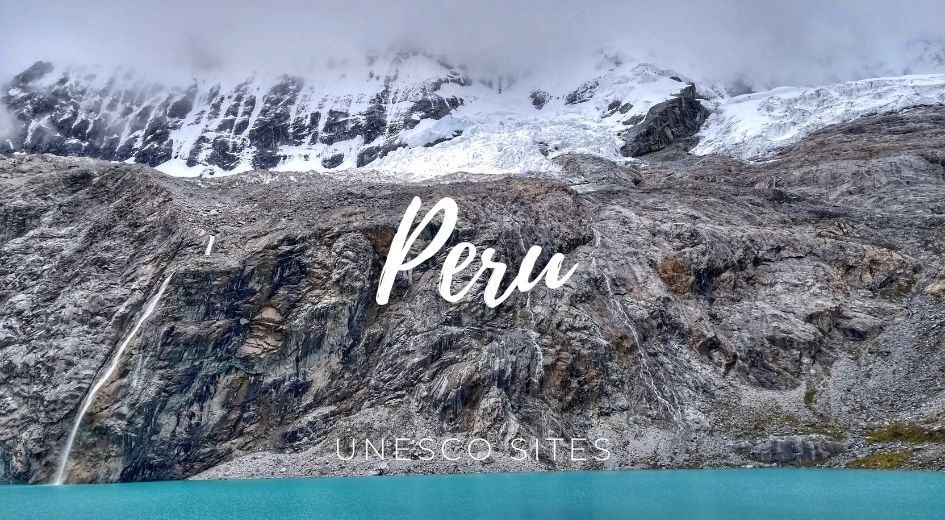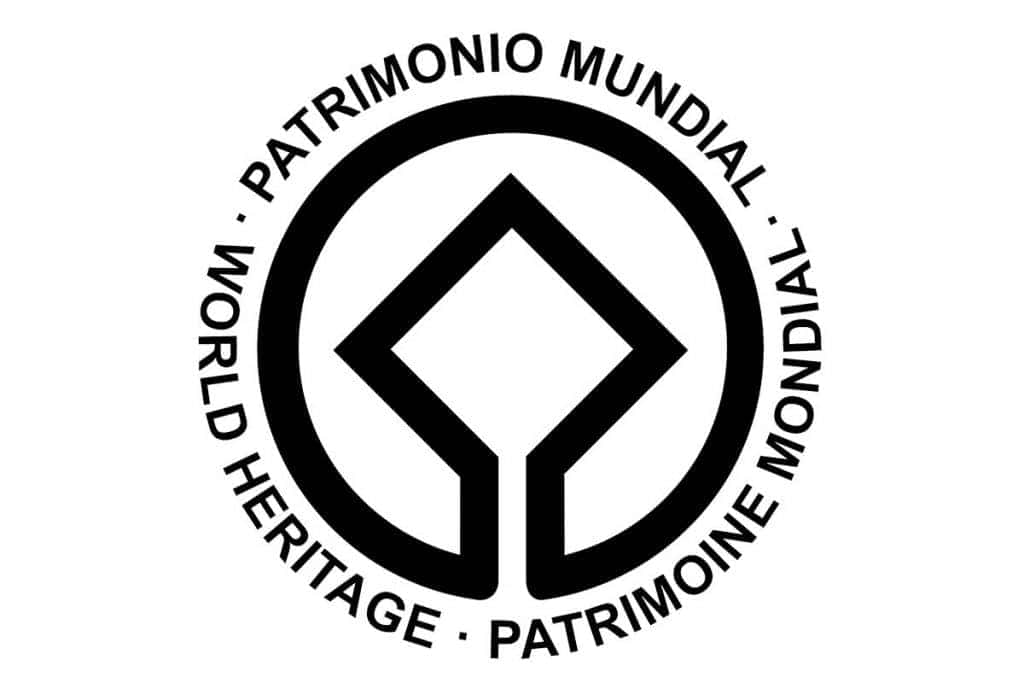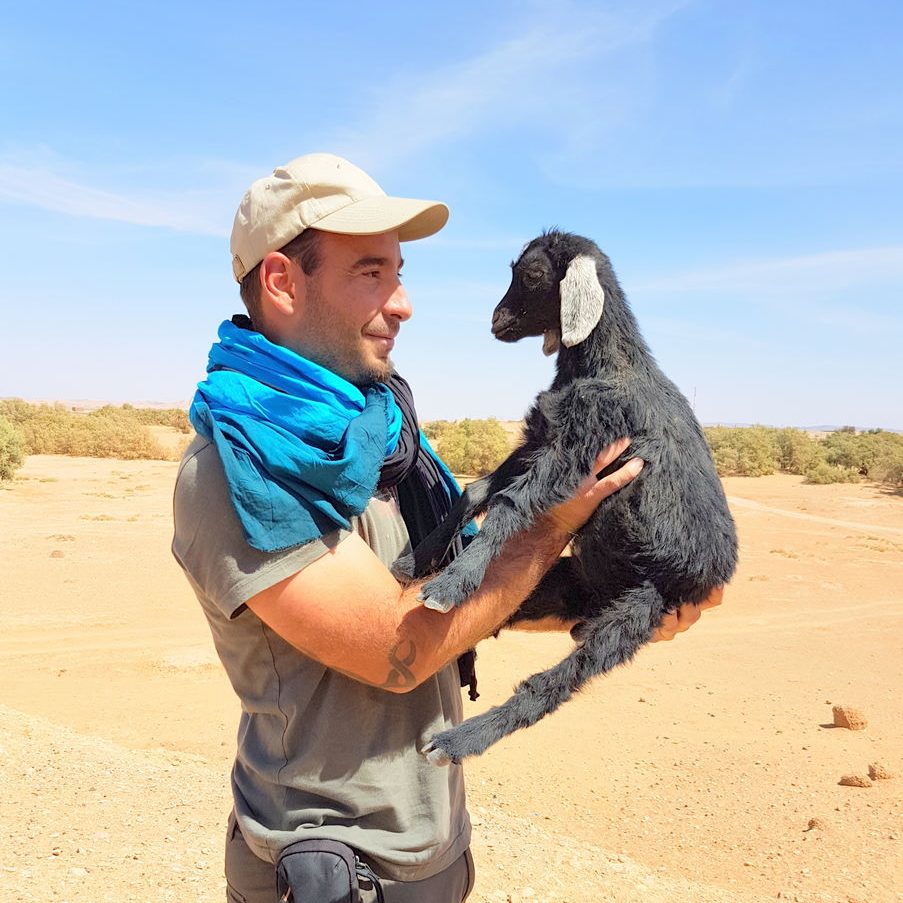Table of Contents


Peru UNESCO has registered 13 sites on the World Heritage list and 24 on the tentative list.
Some places are so interesting that it’s relevant to keep them for future generations. This is why UNESCO has built a list of crucial classified properties in which superb places stand out for their aesthetic, natural, artistic, or cultural significance.
More than a thousand places are registered as Unesco’s World Heritage worldwide. Due to my interest in visiting World Heritage sites, I compiled the UNESCO list in Peru and the corresponding map.
Peru UNESCO list
- Chan Chan Archaeological Zone
- Chankillo Archaeoastronomical Complex
- Chavin (Archaeological Site)
- City of Cuzco
- Historic Centre of Lima
- Historical Centre of the City of Arequipa
- Lines and Geoglyphs of Nasca and Palpa
- Qhapaq Ñan, Andean Road System
- Sacred City of Caral-Supe
- Huascarán National Park
- Manú National Park
- Historic Sanctuary of Machu Picchu
- Río Abiseo National Park
Peru UNESCO Map
Click on the blue pins to view more relevant information about each World Heritage site in Peru.
Description
- Chan Chan Archaeological Zone is an ancient adobe city in northern Peru, built by the Chimú culture around 850 AD. It was the largest pre-Columbian city in South America and served as the capital of the Chimú Empire until the Inca Empire conquered it in the late 15th century. The site includes several walled citadels, temples, and residences made from adobe bricks.
- Chankillo Archaeoastronomical Complex is an ancient astronomical observatory located in the coastal desert of Peru. It dates back to the 4th century BCE and is considered the oldest known astronomical observatory in the Americas. The complex consists of a series of walls and towers arranged in a north-south line, which aligns with the sun’s movement throughout the year.
- Chavin (Archaeological Site) is an ancient religious complex in the highlands of Peru, built by the Chavín culture around 900 BCE. The site includes several buildings and plazas, including a massive temple complex with intricate carvings and sculptures. It is considered one of South America’s most important archaeological sites and a key site for understanding the development of Andean civilization.
- The City of Cuzco was the capital of the Inca Empire and is located in the Andes Mountains of Peru. It is famous for its well-preserved Inca ruins and Spanish colonial architecture. It was designated a UNESCO World Heritage Site in 1983.
- Historic Centre of Lima is the historic center of Lima, Peru. It includes numerous historic buildings, churches from the colonial period, and pre-Columbian ruins. It was designated a UNESCO World Heritage Site in 1988.
- The historical Centre of the City of Arequipa is a historic district in Arequipa, Peru. It includes several colonial-era buildings made from white volcanic stone, churches, and public plazas. It was designated a UNESCO World Heritage Site in 2000.
- Lines and Geoglyphs of Nasca and Palpa are a series of ancient geoglyphs located in the Nazca Desert of southern Peru. These lines, which include various shapes and figures, were created by removing the top layer of iron oxide-coated pebbles to reveal the lighter-colored ground underneath. It is believed they were created between 500 BCE and 500 CE and used for astronomical and religious purposes.
- Qhapaq Ñan, Andean Road System is a vast network of roads, trails, and paths connecting South America’s Andean region. The Inca Empire created and maintained the system and played an important role in the movement of people, goods, and information across the region. It was designated a UNESCO World Heritage Site in 2014.
- The Sacred City of Caral-Supe is an ancient city in the Supe Valley of Peru. It dates back to around 2600 BCE and is considered one of the oldest urban settlements in the Americas. The city includes a series of monumental structures, plazas, and residential areas and is known for its impressive architecture and urban planning.
- Huascarán National Park is located in the Cordillera Blanca mountain range of Peru and includes several peaks over 6,000 meters in elevation. The park is known for its stunning alpine scenery, glaciers, high-altitude ecosystems, and numerous archaeological sites.
- Manú National Park is located in southeastern Peru and is one of Earth’s most biologically diverse places. The park includes many ecosystems, from lowland rainforests to high-altitude grasslands, and is home to numerous species of plants and animals, many of which are endemic to the region.
- Great choices! The Historic Sanctuary of Machu Picchu is a world-famous 15th-century Incan citadel in the Andes Mountains of Peru. It symbolizes the Inca civilization and attracts millions of visitors every year.
- Río Abiseo National Park is a protected area in Peru home to important archaeological sites from the pre-Columbian era, including evidence of the Chachapoya culture. The park also boasts diverse flora, fauna, and stunning natural landscapes, including deep canyons and towering peaks. It was designated as a UNESCO World Heritage site in 1990.
UNESCO World Heritage Sites in Peru have protected places for their cultural and natural importance.
Sites on the Tentative List
- Historic Center of the City of Trujillo
- The Historic Centre of Cajamarca
- Lake Titicaca
- Santa Bárbara mining complex
- Rural Temples of Cusco
- Nasca Aqueducts
- Archaeological Complex of Toro Muerto
- The archaeological complex of Marcahuamachuco
- Baroque Temples of Collao
- Chachapoyas sites of the Utcubamba Valley
- Salt Mines of Maras
- Battlefield of Ayacucho
- Wineries and Vineyards for traditional Pisco Production
- Las Huaringas Lagoons
- Peruvian Central Railway
- Cultural Landscape of the Sondondo Valley
- Paleontological Sites of Pisco and Camana Basins
- Ceremonial Centers and Forests in the La Leche Valley
- Sierra del Divisor National Park
- Huayllay National Sanctuary
- Guano Islands, Islets, and Capes National Reserve System form Peru (RNSIIPG)
- Landscape Reserve Sub Cuenca del Cotahuasi
- The Coastal Lomas System of Peru
- Real Felipe Fortress of Callao


